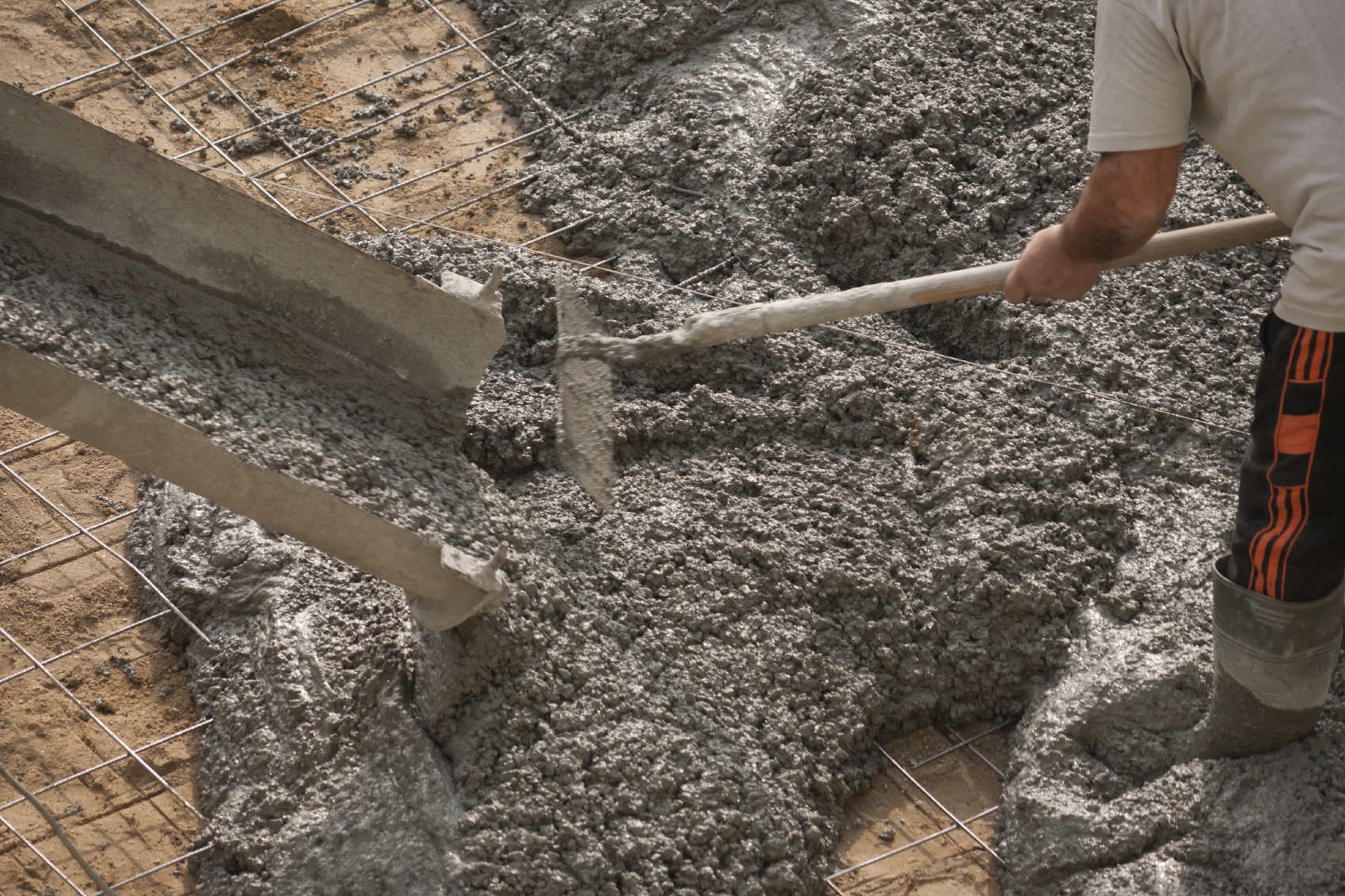High-Quality Concrete Providers: Durable Solutions for Your Building Demands
High-Quality Concrete Providers: Durable Solutions for Your Building Demands
Blog Article
Revealing the Eco-Friendly Advantages of Utilizing Recycled Concrete in Lasting Building Practices
In the realm of sustainable building and construction practices, the application of recycled concrete stands as a pivotal yet often underestimated resource. Beyond its traditional applications, recycled concrete offers a myriad of environmentally friendly advantages that prolong far beyond the confines of typical building and construction products.
Ecological Benefits
Undoubtedly, one of the most substantial advantages of using recycled concrete is its favorable effect on the setting. By including recycled concrete into construction techniques, there is a considerable reduction in the requirement for new raw materials, leading to conservation of natural deposits. This process assists in maintaining aggregates, water, and power that would certainly have been used in generating new concrete. Additionally, using recycled concrete reduces the amount of waste being sent out to landfills, therefore decreasing ecological pollution and reducing the stress on garbage dump abilities.

In contrast, recycled concrete has a lower carbon impact as it minimizes the need for brand-new concrete manufacturing. In general, the ecological benefits of making use of recycled concrete are significant and play an important duty in promoting green construction methods.
Cost-Efficiency
Achieving cost-efficiency is a critical factor to consider when assessing the usage of recycled concrete in building and construction tasks. Among the key advantages of making use of recycled concrete is its cost-effectiveness compared to conventional concrete. The production of recycled concrete entails less energy and sources as it utilizes existing materials, decreasing the general project expenses substantially. In addition, the accessibility of recycled concrete in your area can additionally decrease transport expenses, making it an extra economical selection for building projects.
Furthermore, making use of recycled concrete can cause cost savings in land fill expenses by diverting concrete waste from disposal websites. This not just decreases the environmental effect however likewise gets rid of the costs connected with waste removal. The sturdiness and performance of recycled concrete are comparable to conventional concrete, ensuring that expense savings do not jeopardize the top quality of the construction.
Longevity and Toughness
Thinking about the significant cost-efficiency benefits of utilizing recycled concrete, it is essential to examine its toughness and stamina in building and construction applications. Recycled concrete deals similar, otherwise superior, sturdiness and toughness residential or commercial properties to typical concrete. With advancements in processing techniques and quality assurance, recycled concrete can meet or go beyond the efficiency standards of standard concrete. The procedure of reusing concrete involves crushing, arranging, and evaluating old concrete to generate aggregates that can be utilized in new building projects. These recycled aggregates can giving satisfactory compressive stamina, more information longevity, and long-lasting performance.

Waste Reduction
When it comes to making use of recycled concrete, waste decrease is a vital advantage that adds significantly to ecological preservation. By integrating recycled concrete right into building projects, this waste is repurposed and diverted from land fills, minimizing the total ecological influence of construction activities.
Additionally, the use of recycled concrete can lead to cost savings for building and construction jobs, as it is usually a lot more inexpensive than sourcing and moving brand-new materials - Concrete. In conclusion, waste decrease via the utilization of recycled concrete is a vital element of lasting building methods that benefits both the building and the environment sector as a whole.
Energy Preservation
When it comes to making use of recycled concrete in building, substantial energy savings are achieved contrasted to conventional concrete manufacturing. The process of generating recycled concrete entails crushing and recycling existing concrete products, which visit site consumes much less energy than mining, processing, and carrying raw products for brand-new concrete production.
Conclusion
In verdict, the use of recycled concrete in lasting building practices supplies various ecological advantages, cost-efficiency, longevity, toughness, waste decrease, and power conservation. By including recycled concrete into building and construction projects, we can add to an extra sustainable and ecologically pleasant future. It is important for the building market to prioritize the use of recycled materials to help in reducing the ecological influence of building tasks.
One of the key advantages of using recycled concrete is its cost-effectiveness contrasted to typical concrete.Additionally, the usage of recycled concrete can lead to cost savings in garbage dump expenses by diverting concrete waste from disposal websites. The longevity and efficiency of recycled concrete are similar to conventional concrete, guaranteeing that cost savings do not compromise the high quality of the construction.

Report this page